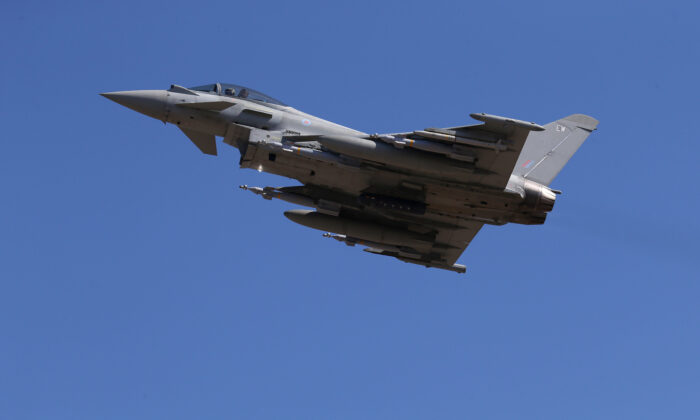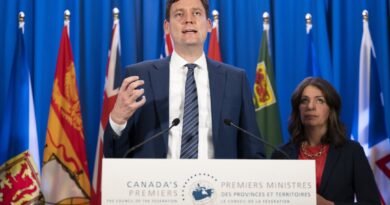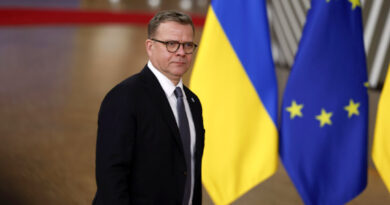Union Chief Reports Orders for UK-Made Typhoon Jets Have Been “Essentially Stopped”
Defence giant BAE Systems manufactures military aircraft at Warton and Samlesbury sites in England.
Union chiefs have raised concerns that the production of British built Typhoon jets has “essentially stopped,” leading to worries about potential job losses and harm to the UK aircraft industry.
Unite represents approximately 9,000 workers across two BAE Systems sites at Warton and Samlesbury, where the company manufactures and tests military aircraft, including Eurofighter Typhoon jets.
Concerned about reports of Typhoons being retired from active Royal Air Force (RAF) service and plans to replace them with U.S. built F35A aircraft, Unite has called on the government to intervene.
The union has urged the government to place an order for 24 Typhoon jets to prevent job losses and skills depletion.
“A domestic order will not only fulfill a military requirement for the RAF in these uncertain times but will also ensure that vital skills necessary to build the next-generation aircraft, GCAP [Global Combat Air Programme], are retained at Warton Unit,” McGuinness stated.
Combat Air Strategy
Established in 2022, GCAP is a partnership between the UK, Japan, and Italy aiming to manufacture and deliver next-generation crewed combat aircraft.
The need for a new combat aircraft was outlined in the Combat Air Strategy, introduced by the government in 2018. The aim was to retain the sovereign capability to design and manufacture combat aircraft within Britain.
Government plans involve maintaining Britain’s position as a world leader in combat air manufacturing, including plans to phase out the Eurofighter Typhoon as it begins to retire from service in the 2030s.
Unite’s letter emphasized that Labour’s industrial plan should prioritize Combat Air, which will create jobs and deliver significant economic benefits for the country, the union emphasized.
A domestic order for Typhoon jets would also attract international investment interest from countries like Qatar, Saudi Arabia, Turkey, Egypt, and Poland, leading to increased export revenue, the letter highlighted.
Highlighting the benefits of the Eurofighter Typhoon program, union chiefs noted that it contributes £2 billion annually to the UK economy, employs over 20,000 workers, and boosts export revenues by approximately £1.6 billion to £2 billion each year.
Defence Spending
The MoD places the RAF at the center of UK national security. In written evidence submitted last year, the MoD reported that the conflict in Ukraine had resulted in twice the number of Typhoon combat missions compared to the previous year.
While Labour has committed to implementing a robust defense industrial strategy, it did not specifically mention GCAP in its 2024 manifesto.
The October Budget included an additional £2.9 billion in MoD spending. Unite urged ministers to prioritize procurement that benefits UK jobs and industry when allocating these funds.
“This country has world-class aerospace and shipbuilding capabilities. Buying British is crucial if we are to retain them, for the sake of our national security as well as our future economic growth,” Unite General Secretary Sharon Graham emphasized last week.
Addressing defense spending, Healey mentioned that aircraft carriers are a key defense program.
“We are assessing the threats we face and the future capabilities we need as part of the strategic defense review, which will report in the spring, and we will adhere to our clear path and commitment to spending 2.5 percent of GDP on defense,” he informed MPs.





